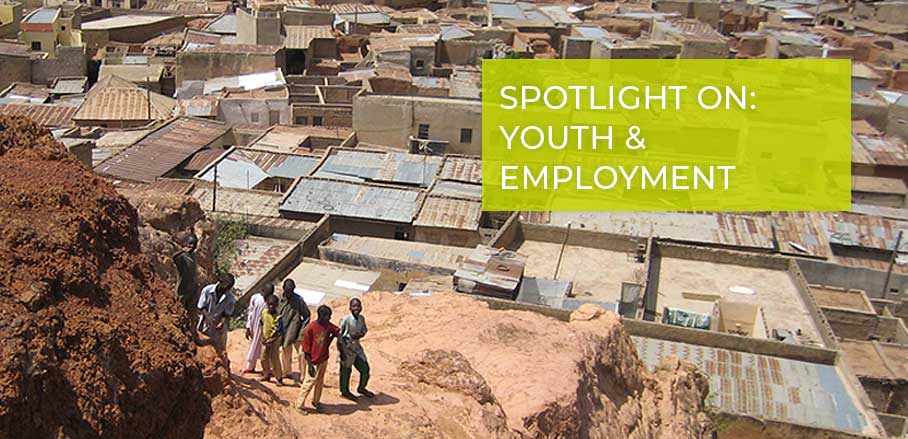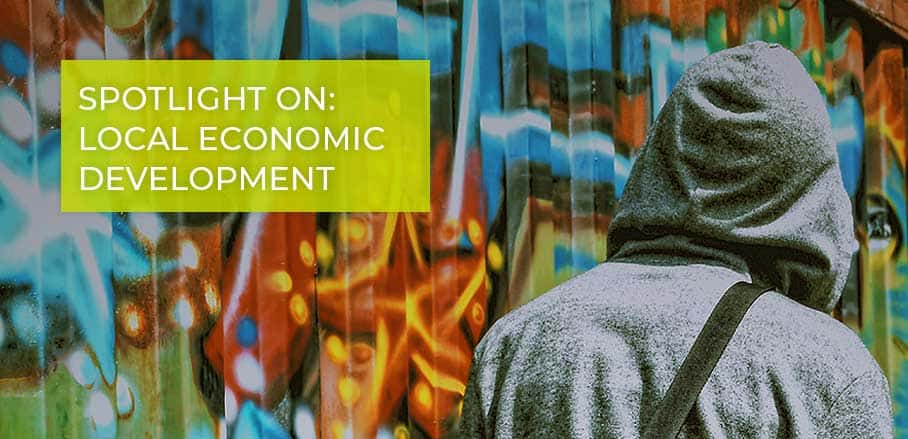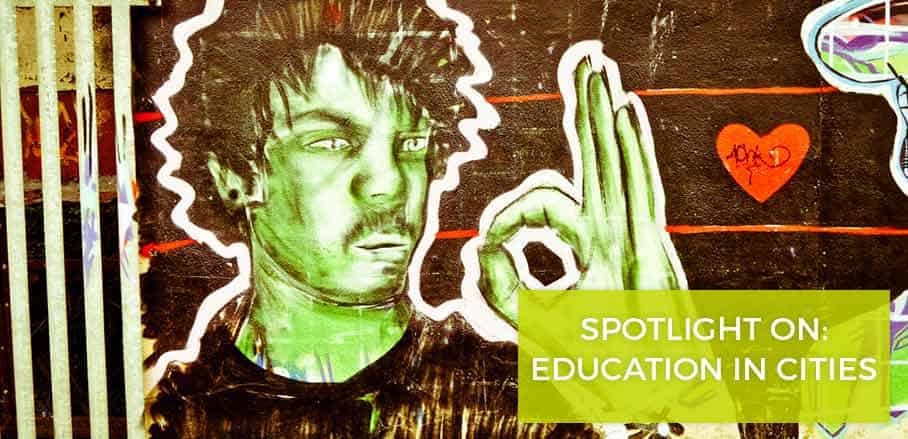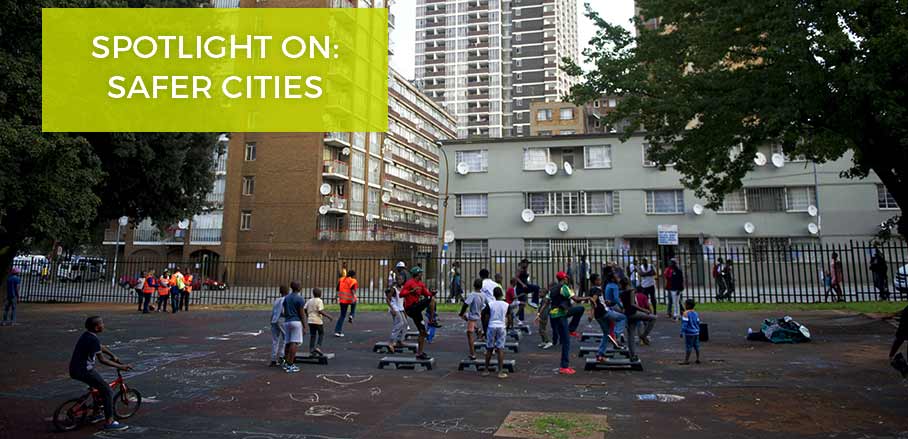Rural-Urban Migration and Youth Unemployment in Nigeria: Why Public Programmes Fail
With many young Nigerians relocating from rural to urban areas, unemployment is on the rise. Charles Ogheneruonah Eghweree and Festus Imuetinyan sketch out possible policy responses.



